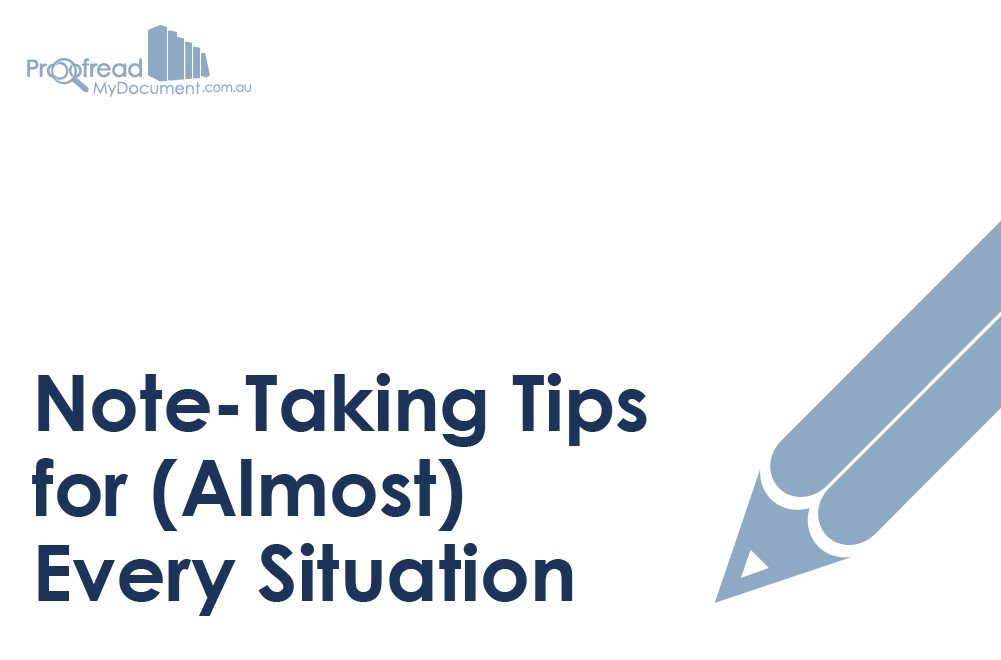As a student, the two main note-based challenges you’ll face are taking notes from textbooks and taking notes in lectures. Luckily, we have some great note taking tips for both situations! Read on to find out more.
Taking Notes from Textbooks
It’s always a good idea to take notes while studying, as (if nothing else) taking notes helps you to remember what you read.
To make sure your notes are as helpful as possible when writing up an essay, however, you should keep the following in mind:
Find this useful?
Subscribe to our newsletter and get writing tips from our editors straight to your inbox.
- While it’s fine to copy out key quotations, it’s also important to paraphrase key points so that you engage more actively with the material you’re studying.
- Don’t try to make notes about everything! Focus on sections that relate directly to your own work.
- Note the publication details for any library book you use in your research. This makes it easier to find again if you need to double check anything and ensures you don’t miss anything when writing up your reference list.
- Consider using visual aids, such as time lines, charts or graphs.
Taking Notes in Lectures and Seminars
When you check your lecture notes, it’s disappointing if all you find is a page of spidery scrawl accompanied by a detailed sketch of a Rube Goldberg machine. To make sure this doesn’t happen, stick to the following advice:
- Summarise what you’re told rather than attempting to transcribe everything; unless you’re skilled in shorthand, keeping up with a speaker will be difficult.
- As with taking notes from a textbook, paraphrasing the points made by the speaker will aid comprehension and recollection.
- Use abbreviations (e.g. ‘w/’ for ‘with’) or symbols in place of common words to save time.
- If you know you struggle to keep up, before the lecture starts, ask the speaker whether you can make an audio recording so you can go back over the information and take notes in your own time.
General Tips for Note Taking
As well as the above, we have a few general tips to aid note taking:
- Adding a date and page numbers to your notes makes it easier to find specific information when revising; highlighting key points can help too.
- While reading or in a lecture, make a list of any unfamiliar terms you encounter so you can check them later.
- Be neat! Even the most detailed notes are useless if you can’t read them!
